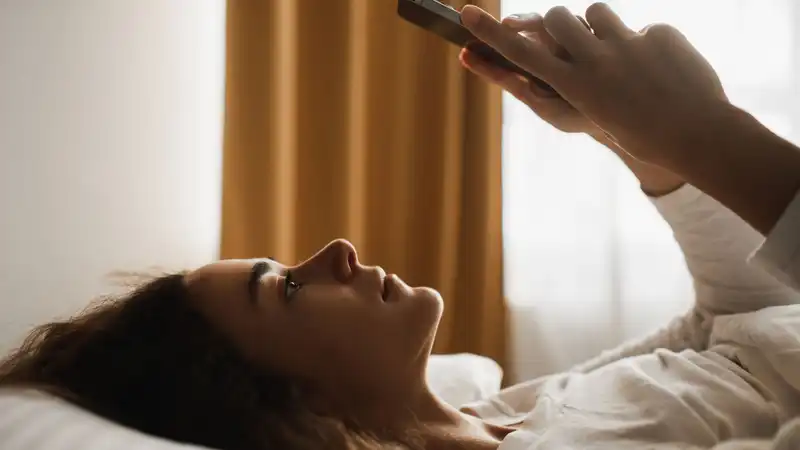The first thing most people do when they wake up after a night's sleep is reach for their cell phone. But this daily habit of mindlessly scrolling before lifting our head off the pillow may be affecting our ability to fall asleep earlier at night.
Experts say that getting some natural sunlight first thing each morning and before checking your phone could be the answer to falling asleep earlier that night. This is because exposure to natural sunlight first thing in the morning can help regulate circadian rhythms (body clocks).
Even if you invest in the best mattress for your body, it will be difficult to fall asleep quickly if your circadian rhythm is off. Let's explore why getting some natural sunlight first thing in the morning (yes, before you get into WhatsApp) is so important for a good night's sleep.
According to the Centers for Disease Control and Prevention (CDC), we are most susceptible to light levels within the first hour after waking, within two hours before bedtime, and throughout the night. In other words, exposure to sunlight, especially first thing in the morning, can help regulate our circadian rhythm, our body's internal clock.
Exposure to sunlight can signal to our brains that it is time to wake up and be alert. Exposure to sunlight suppresses the secretion of melatonin, the hormone that makes us sleepy and helps us wake up during the day.
As with anything related to establishing a healthy sleep schedule, consistency is key. By opening the curtains wide and allowing natural light into the bedroom on a regular basis, the body can better recognize when it is time to wake up and when it is time to sleep.
Establishing a regular wake-up time and getting sunlight within an hour of waking (rather than checking your phone in a dimly lit room) will reinforce this cycle, helping you fall asleep earlier at night and wake up refreshed in the morning.
It may sound counterintuitive, but suppressing melatonin levels by getting some natural sunlight first thing in the morning will increase melatonin levels later that night. This is because exposure to sunlight releases serotonin. Serotonin is an uplifting hormone that makes us alert.
About two hours before bedtime, the remaining serotonin is metabolized into melatonin. Dimming lights and turning off appliances can further enhance melatonin secretion (blue light emitted by screens inhibits melatonin secretion).
Now that we know that morning sun exposure is essential for sleep quality, one might wonder how to increase sun exposure. According to a Harvard Medical School study, we should aim to get 30 minutes of sunlight within an hour of waking. To that end,
we know that exposure to sunlight within an hour of waking improves overall sleep quality. But what if you get up before sunset, live in an area with limited daylight hours, or work rotating shifts?
Sunlight exposure is the preferred way to boost serotonin levels first thing in the morning, but a light therapy box is the next best thing. Light therapy boxes (also called SAD lamps) mimic the effects of sunlight by emitting bright light and are often used to combat seasonal affective disorder (SAD).
Light therapy boxes are a useful alternative to natural sunlight for shift workers and for those who need extra help establishing a healthy sleep schedule during the dark winter months.










Comments